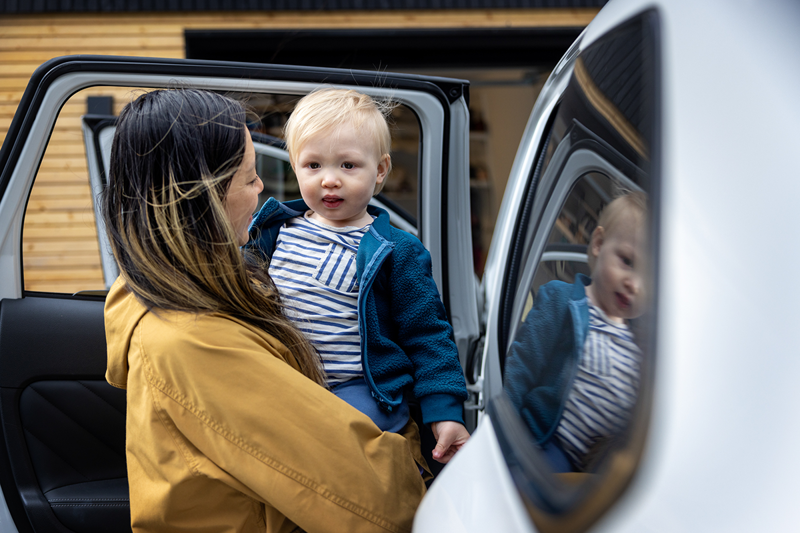What’s your parenting style?

Every parent has more or less conscious thoughts about what they think is important to being good parents. These values often build on an idea of what we think children need, and will influence how you perceive your child, how you treat him and how you are as a parent.
Be aware of your own values
The values we have vary from person to person, from family to family, from town to town, from country to country, and from culture to culture.
Our values are also dependent on what qualities we think are important. An adult who thinks that children should learn to be conscientious and polite, may emphasize that her child should say thankyou after a meal, sit properly and help out in various ways. An adult who thinks children should learn to be independent and creative, might let her child just eat when she is hungry, sit in the way she wants, and even read a book at mealtime if she wants to.
Different parents, different values
What you think are important values in the parenting role, and otherwise in life, are not necessarily the same as your partner’s. Neither is it necessary to agree on absolutely everything, but you may want to talk a little bit with your partner and try to understand where he or she is coming from.
- What do you think it is important that you as parents agree on?
- What do you think it's fine to disagree about?
What kind of parent do you want to be?
Some of us have a very conscious idea of what kind of mum or dad we want to be for our children, while others go more with their gut feeling. Our ideas, and the way we do things, often tie in closely with our earlier childhood experiences. This is true whether it is something you want to carry on with, something you want to avoid, or something you felt was missing in your own parents.
It can be both useful and interesting to think through what kind of "ideal" you have for the parenting role. How does this compare in relation to your own parents, and even their parents?
As a society, the way in which we raise children in Norway has changed a great deal over the last few generations. Before, it was more about teaching children to adapt to society. Today, independence and making one’s own choices are valued in much greater measure. These particular values can vary widely between cultures.
Have you thought about how you want your child to remember you as a parent, when he becomes an adult? Independent, honest, friendly, empathic, calm? How do your hopes influence the way you spend time together today?
Do you have a narrow view of your child?
Your values affect how you regard children in general and your own child in particular. How you view your child affects the way you deal with him in different situations. We adults can be notoriously quick to label each other:
"He's so shy," we might complain about a colleague, or someone else might be dismissed as "a real gossip". But most often we are all shy, outgoing, calm, active, determined and undecided – in different situations and with different people.
Another important point is that both children and adults develop, so that a description that was maybe appropriate a while ago, doesn't always fit later. This means that we should continually be open to each other and a little curious, especially when it comes to our own children.
You affect how your child thinks about himself
The way you interpret your child’s behaviour and the way you talk to him influences how the child perceives himself. If you constantly describe your child as thoughtful and kind to others, the child will eventually think this about themselves too.